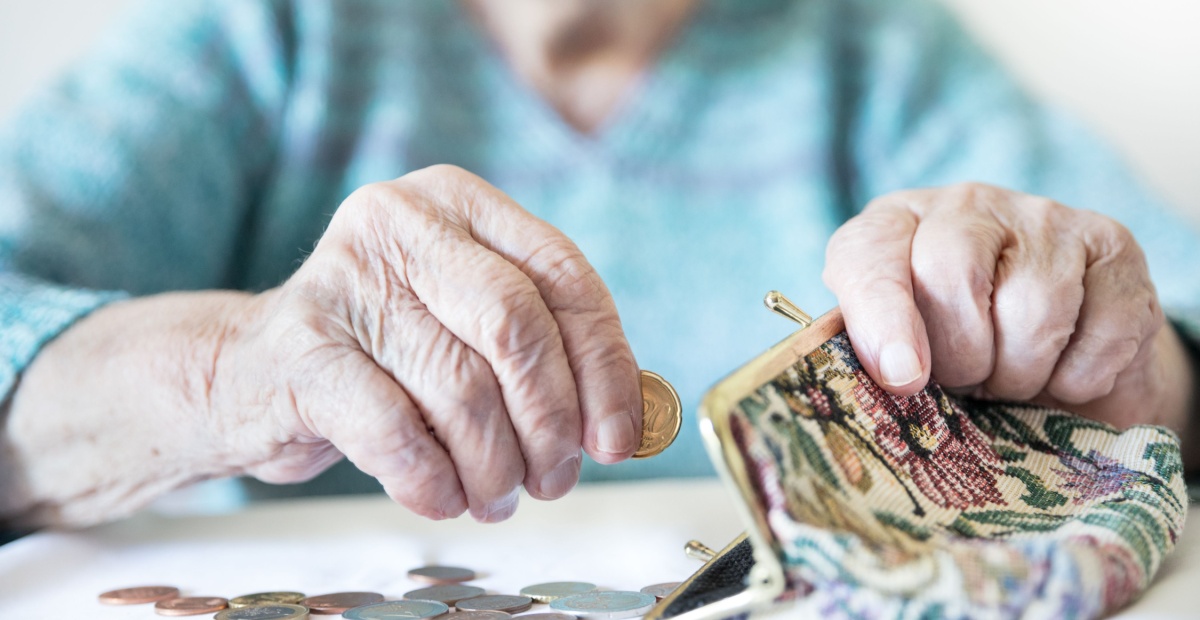Older women most at risk of poverty in retirement: SMC

A new report commissioned by the Super Members Council (SMC) has confirmed older women are the most at-risk cohort of entering retirement in poverty, due to a combination of the existing gender superannuation gap and “common later-in-life events” that impact their ability to continue full-time employment.
The Impact Economics and Policy report found these “life events” such as separation, unpaid caregiving for older relatives and family violence are driving older women to retire early or reduce their paid working capacity to part-time, thus affecting their superannuation balance by up to $95,000.
This stands alongside the ongoing impact of the gender super gap leaving women to retire with 25 per cent less super than men, with women aged between 60 and 64 in particular retiring with a median of $51,000 less in super than their male counterparts. Approximately 10 per cent of women are likely to retire with no super at all.
The research also comes as the trend of single older women renting continues to grow, with just under 60 per cent of older female renters reporting to be living below the poverty line.
“Australia has made important strides in recent years on the gaps in pay, super and workforce participation, but this research shines a spotlight on the need for further bold reforms to ensure our retirement system truly works for women – especially low-income women,” Super Members Council CEO, Misha Schubert, said.
“Without urgent action, generations of Australia’s lowest-paid women risk poverty in retirement. Recent reforms are an important start, but an even bigger and bolder approach is needed.”
The report also suggested that the introduction of policies allowing early superannuation withdrawal for property deposits would worsen women’s affordability in retirement, and that despite several policy reforms to better support women’s financial security – such as Paid Parental Leave – men’s superannuation balances will still outpace women’s due to the targeted effects of life events on female workforce participation.
The release of the report coincides with the SMC’s renewed calls for extended government intervention to bridge the gender super gap, including:
- Unfreezing the Low-Income Super Tax Offset (LISTO), to help low-income women to build their super.
- Close gendered loopholes in super coverage including through payday super reforms, and by paying super for all workers including nannies, housekeepers and carers, and for all workers aged under 18.
- Remove barriers to women’s workforce participation by boosting access to childcare and aged care and strengthen workplace flexibility.
- Enabling fairer splitting of super in divorce settlements whether or not they are handled in a court.
- Boost Commonwealth Rent Assistance to give immediate help, and invest in new social housing over the medium-term, to protect vulnerable older women who are renting or at risk of homelessness.
- Make the super and age pension systems simpler and easier to navigate.











if you mulitple 3,459 by the $39 ASIC fee to update it, you'll almost pay for the entree at the…
That is a fair point and i empathise but highly doubt thats the case for 3459 people
You know what. I had some of that issue, but I decided for the betterment of moving our industry to…
That is exactly the timeframe when most of the non practising registrants joined FAR to avoid the new entrant rules.…
Another Canberra hit sensation.